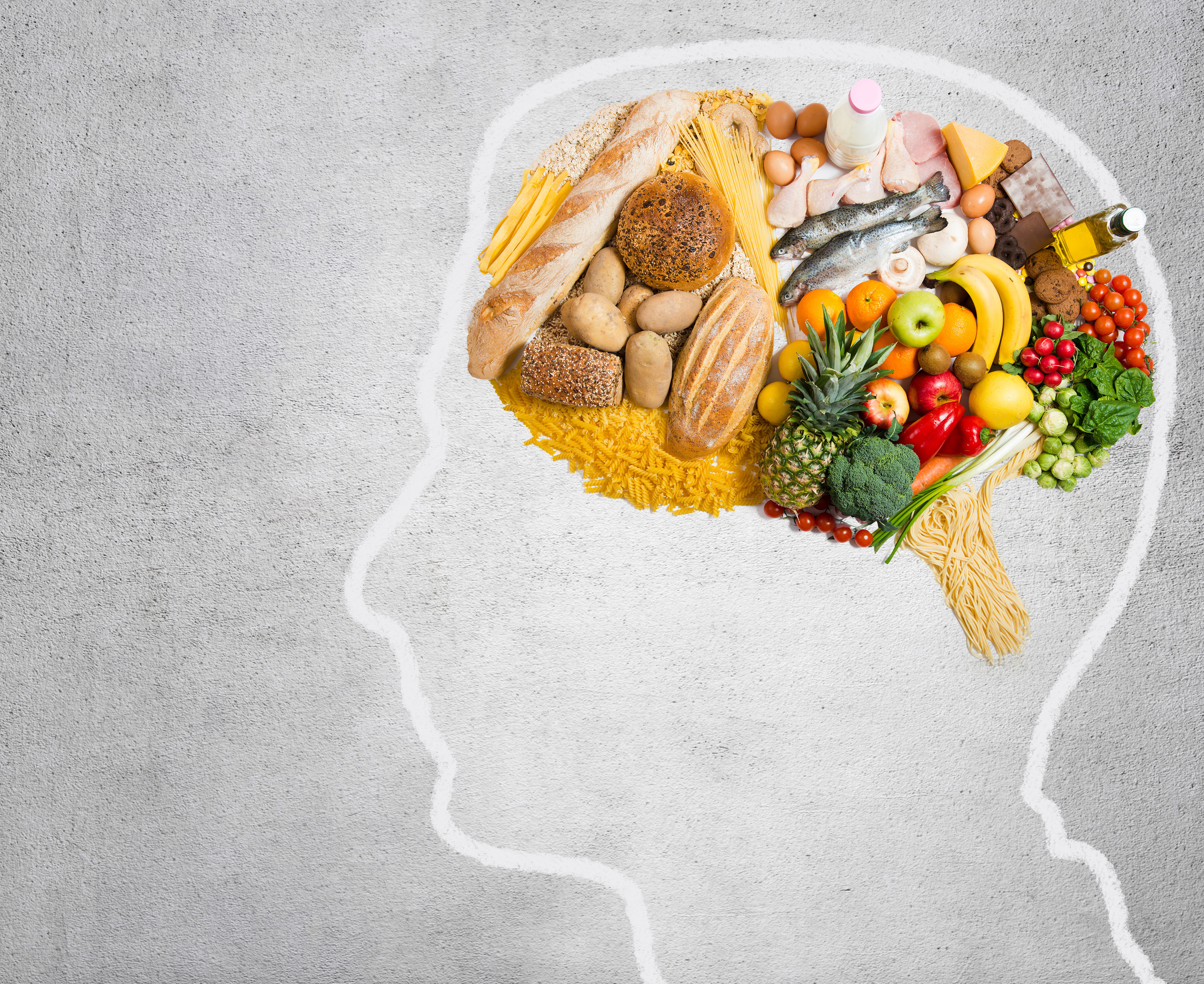
Driving with arthritis pain: Stay comfortable — and safe — behind the wheel

Daily cup of coffee may prevent afib recurrence

Gene-editing therapy lowers harmful blood fats in early study

What is EMDR therapy, and who can it help?

GLP-1 drugs versus bariatric surgery for treating obesity

Two dumbbells, three exercises, and 10 minutes

Easing the emotional burden of IBS

Modify your push-ups to meet your fitness level

What is long QT syndrome?

Stroke survivors may benefit from very low LDL levels
Back Pain Archive
Articles
What should you do when sciatica flares?
It may take a combination of approaches to ease the discomfort of a sciatica flare-up. Strategies include staying active, modifying activities to make them less demanding on the back, stretching, using hot or cold therapy, meditating, and using oral or topical painkillers. If the flare-up lasts longer than a week or two and isn't responding to home remedies, it's time to make a doctor appointment. The doctor might order imaging tests and prescribe a prescription anti-inflammatory drug, such as oral or injected prednisone.
Managing back pain
Most acute back pain happens because of weak muscles related to aging and inactivity. Symptoms usually last a few days, but pain and stiffness sometimes linger for a couple of weeks or longer. Frequent episodes can make people less active, as they are fearful about straining their back. Managing acute back pain is a two-step approach. First, treat the pain with over-the-counter remedies, cold and heat therapy, and rest, and then strengthen the back muscles and improve flexibility to prevent recurrent back pain episodes.
Don't take back pain sitting down
Pain when sitting can be caused by a number of common problems, including problems with the discs that cushion the vertebrae in the back. Lying down can help the pain temporarily, but the goal should be to get up and move as soon as possible. People should see a doctor if your pain is extremely severe, if it comes back after getting better, or if it occurred after an injury.
Try this: Roll with it
Foam rolling is a simple technique to help relieve soreness and tightness in muscle areas like the calves, thighs, buttocks, and back.
Reduce or avoid back pain during these everyday activities
A number of strategies can help when back pain strikes suddenly. When driving, for example, a person can turn on heated seats if a vehicle has them, or use a lumbar pillow. Someone who has pain when sitting at a desk can get up, walk around, and do some stretches. If back pain lasts more than a week, the person should see a doctor for an evaluation. The first line of defense will most likely be exercise and strengthening regimens—two keys to staving off an aching back.
Relieve low back pain with stretching
Stretching the muscles that support the spine can help alleviate persistent or recurring low back pain. The muscles to stretch include the erector spinae muscles along the spine, the iliopsoas muscles connecting the spine to the lower limbs, and the abdominal muscles in the front of the body that help prop up the torso. Other muscles that support the back include those in the front of the hips, back of the thighs, and buttocks. An example of a back stretch is lying on a bed and pulling the legs close to the chest for half a minute.
Certain medications are better than others for managing spine pain
Certain medications are safer and more effective than others for treating spine pain in older adults, according to a recent study. Among these are the over-the-counter drugs acetaminophen (Tylenol) and ibuprofen (Advil) and some nerve pain drugs, muscle relaxants, and antidepressants.
Back pain: Will treatment for the mind, body—or both—help?
Low back pain is a leading cause of disability worldwide. A recent review of dozens of studies suggests that combining physical therapy with psychological approaches to treating pain led to better overall results in improvement of pain.

Driving with arthritis pain: Stay comfortable — and safe — behind the wheel

Daily cup of coffee may prevent afib recurrence

Gene-editing therapy lowers harmful blood fats in early study

What is EMDR therapy, and who can it help?

GLP-1 drugs versus bariatric surgery for treating obesity

Two dumbbells, three exercises, and 10 minutes

Easing the emotional burden of IBS

Modify your push-ups to meet your fitness level

What is long QT syndrome?

Stroke survivors may benefit from very low LDL levels
Free Healthbeat Signup
Get the latest in health news delivered to your inbox!
Sign Up











